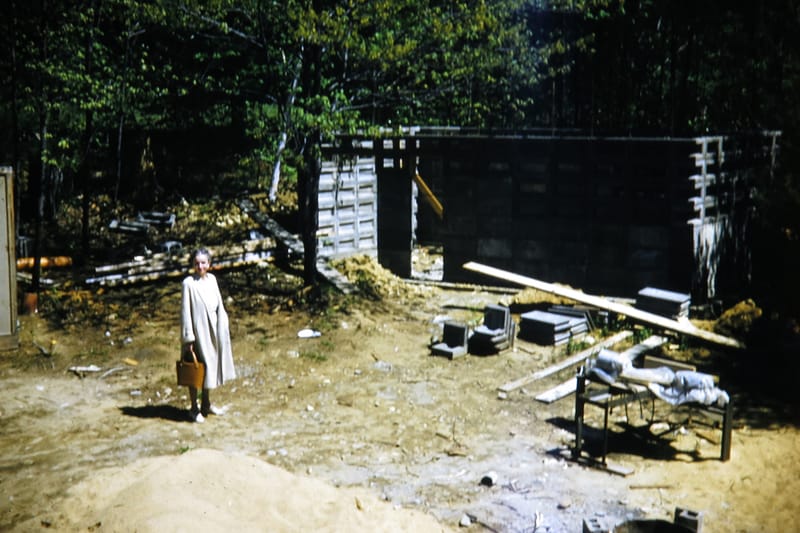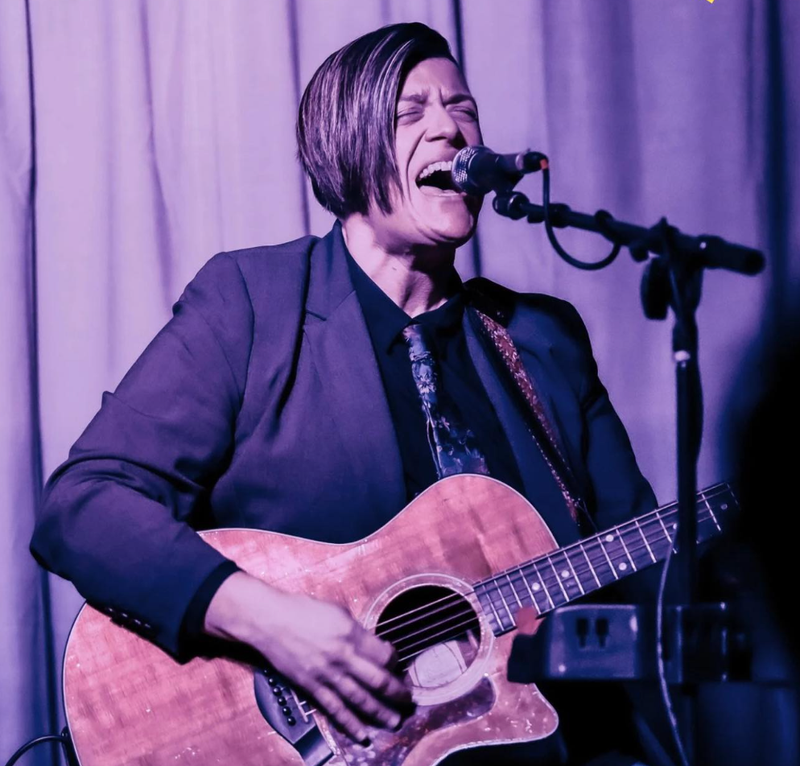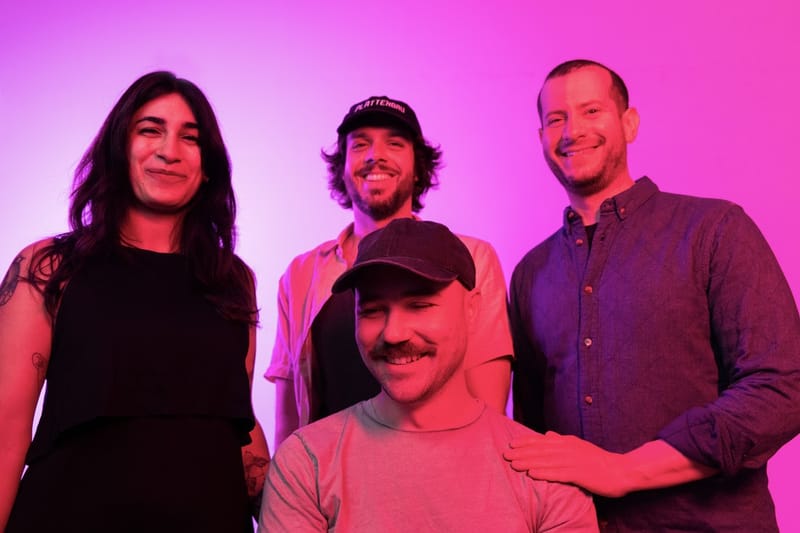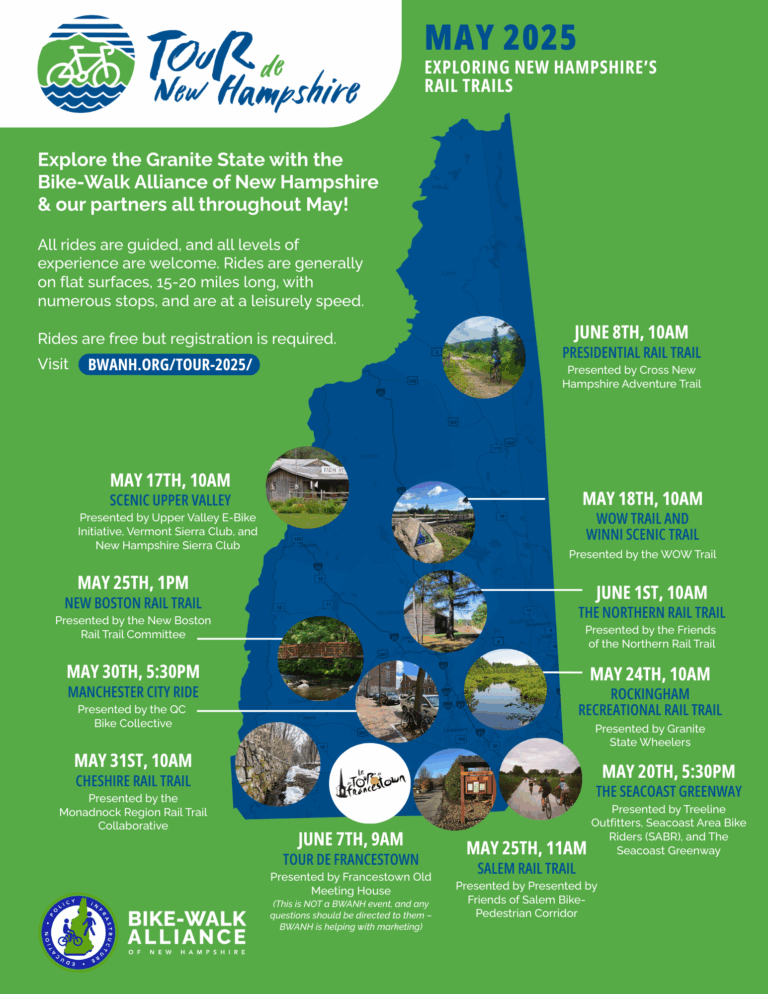The Planet Smashers bring a heavy dose of ska punk to Jewel on April 23
It’s a good time to be a fan of this type of music, and there’s going to be a show that’s chock full of it happening in Manchester very soon. It’s going down at Jewel on April 23 with Montreal ska punks The Planet Smashers topping the bill.
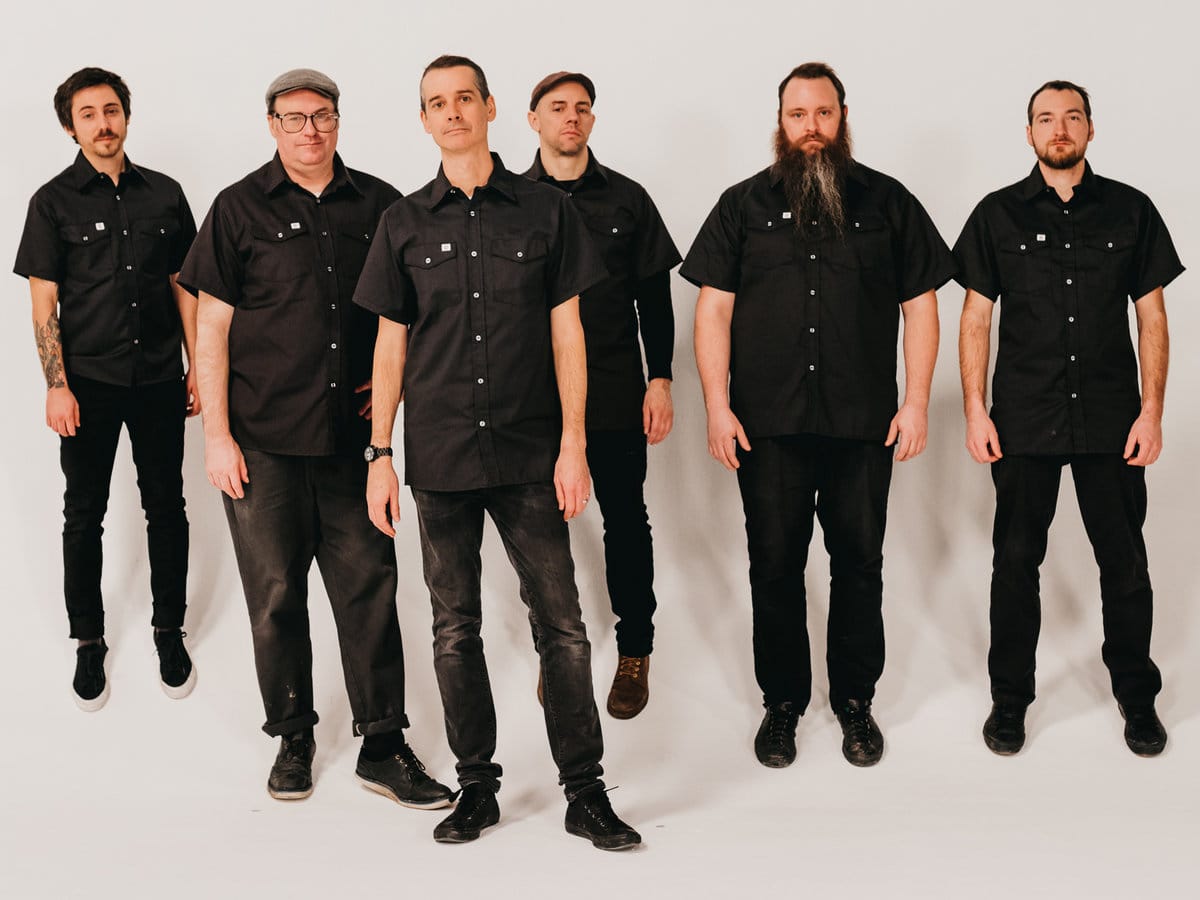
MANCHESTER, NH – The past few years have seen ska experience a legitimate revival. A lot of established acts have either started touring, releasing new music or both, and there’s a ton of up and comers making an impact in their local scenes. It’s a good time to be a fan of this type of music, and there’s going to be a show that’s chock full of it happening in Manchester very soon. It’s going down at Jewel on April 23 with Montreal ska punks The Planet Smashers topping the bill. Boston ska-punk act Threat Level Burgundy and Western Massachusetts punk rocks PWRUP will be rounding out the evening with the festivities starting at 7 p.m.
I interviewed Matthew Collyer from the headlining band ahead of the event about The Planet Smashers originally being inspired by British bands, running a record label and how being positive is now part of the underground.
61 Canal St, Manchester, NH 03101
Ticket Link: $23.77
Rob Duguay: The Planet Smashers started out in 1992 with you, Ceco Munaretto, Andrew Conway and Dave Jones being the core of the original group. It’s been said that you guys were inspired by the “Manchester sound”, so were you guys initially influenced by British bands like Oasis, Stone Roses and The Smiths during that time, or were there ska bands in Manchester that you liked that people didn’t really know about?
Matthew Collyer: Wow, you went deep with your research and you’re right, we were initially a garage-psych band and we were in love with those bands you mentioned, definitely the Stone Roses, for sure. There was also Inspiral Carpets, The Charlatans, Blur and those kinds of bands at the time, but that was the original version and I think we only did two shows with that kind of sound. We kind of canned it really quick, and that’s when we started playing ska.
RD: What inspired that shift from that type of sound to ska punk?
MC: It was a couple things. We’re talking the early ‘90s so you had bands like The Toasters who were first starting to happen and get known. This was before Rancid and I think The Mighty Mighty Bosstones had only started by then, and locally in Montreal we had King Apparatus and Chris Murray from that band is still heavily involved in the ska scene. There was also Me Mom and Morgentaler, which was a pro-women’s rights group. It was political, it was fun, it had a social conscience and we got into it, that’s pretty much what happened.
RD: You’re also the co-founder and operator of the label Stomp Records, right?
MC: Yeah, I was just in the office and warehouse the other day.
RD: How has it been on that side of things where it’s the business aspect of music rather than performing and you’re working with other people? I know you’ve worked with bands like Big D and the Kids Table, Bedouin Soundclash and The Kingpins among many others.
MC: I’ll be honest with you, at times it’s confusing to me to see the other side of things and in terms of not knowing what’s happening with whether I’m an artist or a business person. I’ll ask myself at what point can I become an artist again because that’s why I wanted to do this in the first place. We started Stomp because there were no labels up where we are doing the kind of music we were doing at the time. It just kind of happened all of a sudden and now Stomp has had a couple hundred releases and successful releases over the years. It’s my career now and the band is almost more like a hobby, which is a really weird flip, it was never supposed to be that way.
The band was supposed to be the reason I was doing this, so at times it’s bizarre and weird having to be in that situation. Like one of the bands you mentioned, Bedouin Soundclash got way bigger than The Planet Smashers ever got, certainly in Canada, pretty much overnight. It’s another kind of thing where you wish that happened to your band, but you can’t do that because you’re running their label and you have to be partial. It’s a weird situation to be in and you have to separate yourself a little bit.
RD: Yeah, I can see that. How has the rise of streaming services affected the business of the label? When platforms like Spotify, Apple Music, Deezer and others started popping up, did it take some adjusting for you at first?
MC: We’ve seen it all and in the ‘90s we were selling physical like crazy. It was great, and then we saw the death of vinyl and the death of CD in the early 2000s. Things were really bleak and fans were downloading music for free, which was pretty common at the time, but the arrival of all the streaming services has changed that. I’d say that 19 out of 20 people are streaming and it’s way less money than buying the old CD and vinyl, but it’s stable and visible. We kind of got in there right away when streaming started up, we tried really hard to get into it because we were seeing the death of the music industry as it was. I’d say since 2014, it’s kind of turned around and it’s pretty much industry wide.
RD: Very cool. Being from Montreal, what are your thoughts when it comes to performing in the New England region of the United States? Are there any differences between the crowds around this part of the world versus your home city and in Canada?
MC: There’s something about the American ska scene that’s super special. It’s a little different because it’s definitely the underground and it’s definitely the alternative, where in Montreal, ska is part of the entire alternative scene. When you go to a ska show in Montreal, there’s punks, ska people and normal people. It’s a nice mix of the general population, but at the American shows, people get into it, they get really into the ska. They’ll wear their old ska jacket with a classy tie or a stupid tie and they’ll get into it.
People will wear banana costumes, it’s really fun. I think people really look at it and go “This is the time to have a good time and I’m going to have fun at this show”, and we see that. I think it’s fantastic, we’ve played Fest in Gainesville, Florida and we played at the Supernova International Ska Festival in Virginia last year and both crowds were amazing. Yes, there’s serious tones to ska music with anti-racism and pro-equality, but the fans are very lighthearted, easy going, fun and positive, which is the underground subculture right now and it’s nice to see.
RD: Positivity is definitely a rarity these days with everything that’s going on. It’s been a few years since The Planet Smashers put out a new record, so can we expect something along those lines at some point this year? What are the band’s plans when it comes to that?
MC: The album is done and the goal was to have it out by the upcoming show in New Hampshire, but sometimes the record label pushes things back so it won’t be coming out until September. We’re going to start playing songs from it, but for now, it’ll be only one of them because it’s lame going to a show and hearing a band play songs you’ve never heard before. It’s done, it’s finished and the tunes will probably start coming out in late June.


